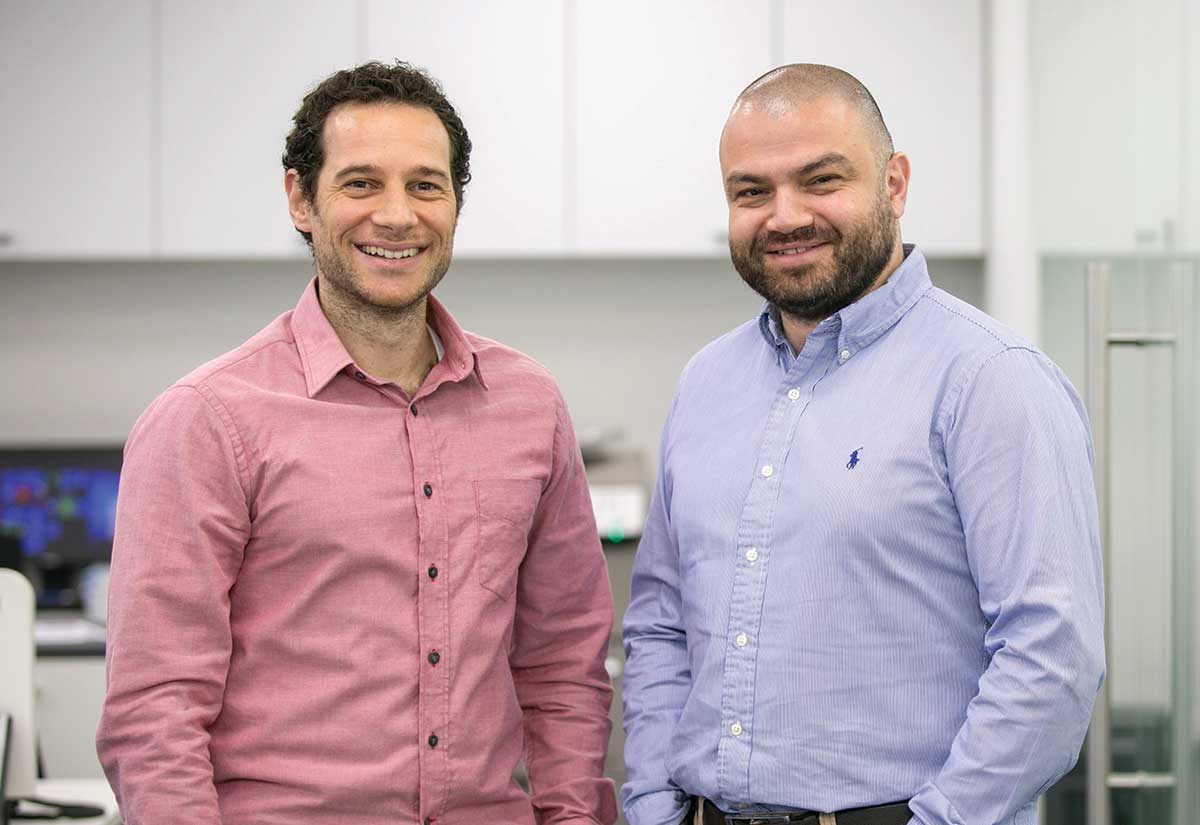The duo behind Aqeed, Hadi Radwan and Rachid Abi Nader, managed to raise $18m to launch what they claim is the region’s first digital insurance platform in the UAE. And they’re deploying it to expand, with plans to reach into Saudi Arabia and Lebanon already well underway.
Their website acts as a one-stop shop for customers looking for insurance providers and products. It goes beyond the traditional or online distribution model, however, by using artificial intelligence, machine learning, telematics and automation.
Radwan and Abi Nader are both experts in the field of insurance, having worked as consultants at PricewaterhouseCoopers (PwC). They reveal their past challenges, present plans and future visions for Aqeed.
Why did you decide to launch Aqeed?
Abi Nader: We noticed that people in MENA were confused by the complex insurance plans they were bombarded with. They were also frustrated with providers’ long and tedious processes. What they needed was a simple platform that lists the options available, helps them pay the right price and guarantee that they are properly taken care of when they have a claim.
Why does the market need another platform?
Abi Nader: Aqeed is the first digital insurance manager in the market. We are creating our technology to cover various aspect of the insurance value chain. In essence, what you see in the market are comparison sites that cover only the distribution of insurance, without taking care of what matters the most – i.e. the after-sales process. We focus on three things: helping customers understand what they are buying through education, engagement and support; helping them access the right products with the right coverage; and helping them manage their insurance needs for the future.
What were some of the main challenges when launching Aqeed – and which remain?
Radwan: One challenge is on-boarding insurance partners, which is a very long process as it involves interacting with many stakeholders, negotiating terms and testing the insurance products on our portal. Another is getting the right marketing mix, which is critical to acquiring customers at an economical cost. Hiring the right talent that fit our culture is also difficult.
What are the key issues in the UAE’s insurance market that need to be tackled?
Radwan: Some aspects that can be improved include helping insurance companies increase their profitability, which has been an issue in recent years particularly with lower investment income. Companies can also improve automation of their business process so that they can realise more operational efficiencies at lower cost. They can also become more customer-centric by introducing new innovative products and, importantly, educating customers about the importance of insurance beyond the fact that it is now mandatory here.
Was it difficult to raise funding and attract investors? What advice can you give here?
Radwan: Don’t underestimate the importance of a solid business case before approaching investors. Many start-ups fail because they run out of money. They tend to focus more on raising money rather than developing the product. I would advise entrepreneurs to work on a solid business case that takes into consideration a buffer of funding, with a clear definition of the funding round’s objective.
A critical skill they need to develop is how to manage their available cash in line with the monthly cash burn rate. The average median time between funding rounds can range between 22 and 27 months. So in essence, entrepreneurs should plan to get funded for at least two years, in order to increase their chances of getting funded in the next rounds.









